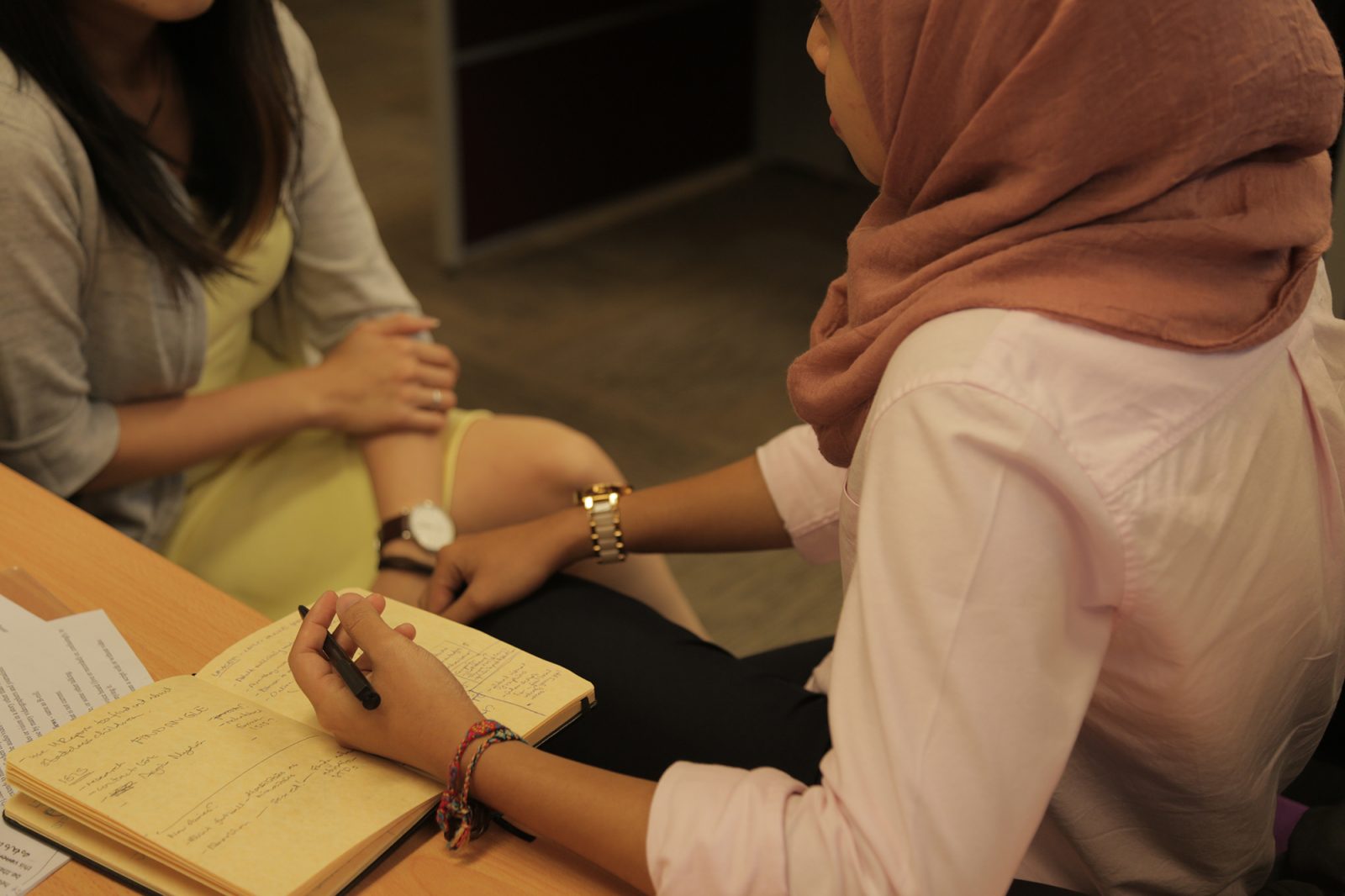HOW much starting pay should a fresh graduate ask for? Not RM6,500 for sure, said employers.
According to a survey reported in Universum’s newly-released Malaysian Student (MYS) survey, 30% of fresh grads requested that amount for their starting salaries.
Not surprisingly, 68% of employers said they felt graduates were asking for unrealistic salaries.
Sandy Tan, director for career services at Taylor’s University, referenced another study which showed that among graduates without soft skills, only 11% were likely to earn more than RM3,000.
“Graduates may also be asking for a higher salary due to the rising cost of living and changing lifestyle,” she said.
The average expected annual salary of undergrads, according to the MYS survey, is RM41,762, which comes up to around RM3,500 a month.
The survey, conducted on nearly 17,000 Malaysian students, also cited a 6.7% youth unemployment rate, which is more than double the average Malaysian unemployment rate of 3.2%.
The higher salaries offered by multinational corporations have increased young people’s expectations, according to Malaysian Institute of Human Resource Management president Aresandiran Jaganatha.
“The universities also support this by sharing propaganda intended to boost the universities’ promotional agenda,” he said.
Friendly colleagues
Apart from the undergrads’ expected salaries, the MYS survey also highlighted a “friendly work environment” as their top priority when deciding on a job.
The next two factors were “professional training and development”, and “high future earnings”.
Guru Mani, country manager for recruitment agency REED, said the wave of millennials entering the workforce has caused employers to rethink their employee retention strategies, especially with young people’s propensity to job-hop in search of their ideal work environment.
“This is the reality; employee loyalty is much lower than the employees of yesterday,” said Guru.
“Employers are responding to this by making their work environments more enjoyable to attract new talent, and also investing in staff development to help with career progression.”

The recent Malaysia Students Survey 2016 by Universum shows most university students are ‘careerists’ – career focused. They still value a friendly working environment as one of their top 3 priorities.
Work-life balance
The survey also asked the respondents what their top career goals are, and 62% of them made work-life balance their top pick, a continuing trend since 2014.
Aresandiran believes that the increasing quality of education and “awareness of life” based on what they’ve observed from their parents’ lives is what’s inspiring students to seek a better balance in life.
Guru added: “The world is smaller now, and graduates are more informed and confident, so they feel they can take more risks. They are less worried about their long-term future.”
Diploma student James Chai, 19, said having work-life balance was high on his list as well, but he’s managing his expectations thanks to some advice from his lecturers.
“Ultimately, there’s more to life than just working and earning money, but I’m willing to suffer first if there is career progression and the job is something I’m passionate about.
“I’ll be happy with something around RM3,000, but I won’t do anything that is too strenuous, or will give me mental health issues.”
Money comes first
Practicality is another trend in the survey. Students seem to be becoming less idealistic.
The survey charted the steady decline of “being dedicated to a cause or serving the greater good” as a career goal over the past three years.
It had instead been replaced with aims of becoming entrepreneurs and technical experts.
“This shift in career goals could be due to the current economic slowdown,” said INTI International University & College CEO Rohit Sharma.
“Our own survey showed that growing concerns about the economy have prompted students to seek employment options much quicker than before.”
These results indicate that, for these uncertain times, a stable income is prioritised over working for a cause and the greater good.
For more results from the Universum Malaysian Student survey, watch our video at rage.com.my.






Tell us what you think!